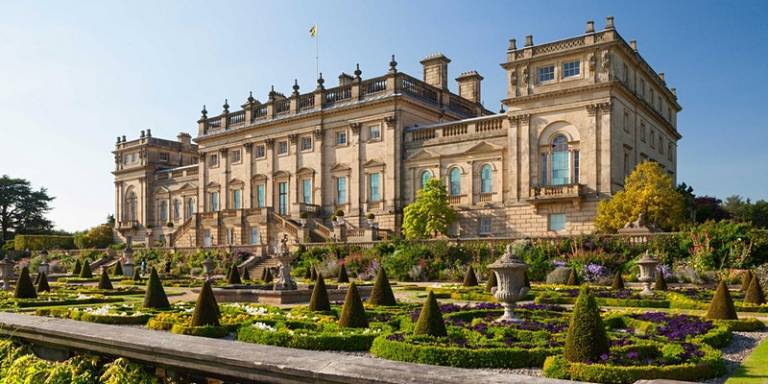VIRTUAL: British slave owners, tracking the money and the stories of the enslaved
29 May 2021, 6:30 pm–8:00 pm

Showcase of unique database that shows who got money from the abolition of slavery, how much, what they spent it on and where they lived
This event is free.
Event Information
Open to
- All
Availability
- Yes
Cost
- Free
Organiser
-
Sarah Parker Remond Centre / Black History Walksk.karhu@ucl.ac.uk
This event is organised by Black History Walks in conjunction with UCL's Sarah Parker Remond Centre
An updated repeat of the over-subscribed launch of LBS (Legacies of British Slave-ownership) database (see 2013 video clip below) tracing the ownership of estates from the 1760s to the 1830s, incorporating 20,000 new individuals and linking 8,000 estates in the British Caribbean to the slave compensation records.
The project is now focusing on the history and legacy of the enslaved people in the Caribbean and have recently changed their name to Centre for the Study of the Legacies of British Slavery. This event will provide more detail on the Centre’s future plans and how the database can be developed to trace the lives of enslaved people.
In 1834 when the British abolished slavery in the Caribbean the government paid 20 million pounds in compensation to the owners of the enslaved Africans.
Many people have wondered who exactly got that money and what they did with it. Which islands and plantations benefited? What institutions were established? What was the cultural and economic legacy of this massive payout? Can it be identified and quantified? A team of scholars from UCL have been researching exactly these questions and more. Over the last 11 years they have collated research on several thousand beneficiaries and created a searchable, user-friendly website that covers:
- Which individuals received monies and how much
- Which houses they lived in and what they bought
- Which cultural/ educational institutions they established or supported with the money
- What islands/plantations/ individuals in the Caribbean were compensated
- Exactly how banks and financial institutions used the money to further the needs of empire
- The role of slave-owners as writers and historians
- The connections between the compensation, finance companies and political parties
- Physical legacies; buildings, statues, parks, docks, railways, bridges, libraries
- How to use the website to expand your own personal, professional or genealogical research
This event will be a series of short presentations from:
Professor Matthew Smith: Historical context of the research and database, updates, new findings and their significance.
Rachel Lang: Tracing the lives of slave-owners and enslaved people.
Tony Warner: How this history links to the streets you live and work in.
Plus Q& A
About the Speakers:
Matt Smith, Director of LBS, is from Kingston, Jamaica and has been an historian of the Caribbean for almost two decades. He previously taught in the Department of History and Archaeology, University of the West Indies, Mona in Jamaica which is also where he studied History as an undergraduate. His main area of research is Haitian political and social history since the nineteenth century on which he has published widely. He also has interests in the history of slavery in the Caribbean, Caribbean migration histories, and the history of Caribbean music. He is currently working on a book on the social history of Jamaican music from the 1950s-1980s that considers the movement of musicians across the region and their tours overseas
Rachel Lang is the administrator and researcher of the Centre for the Study of the Legacies of British Slave-Ownership. Rachel was administrator and researcher on both the first and second projects, the Structure and Significance of British Caribbean Slave-ownership 1763-1833 project (2013-2015) and co-founder of the original Legacies of British Slave-ownership project (2009-2012). She graduated from the University of Edinburgh with an MA (Hons) in Economic and Social History in 1994. Her previous work includes sub-editing texts for publication and genealogical research
Tony Warner is the author of Black History Walks in London Volume 1. The book reveals the hidden African and Caribbean history in London's streets and the connections to international finance and politics. He has been producing black history events in London for over 20 years.
 Close
Close

